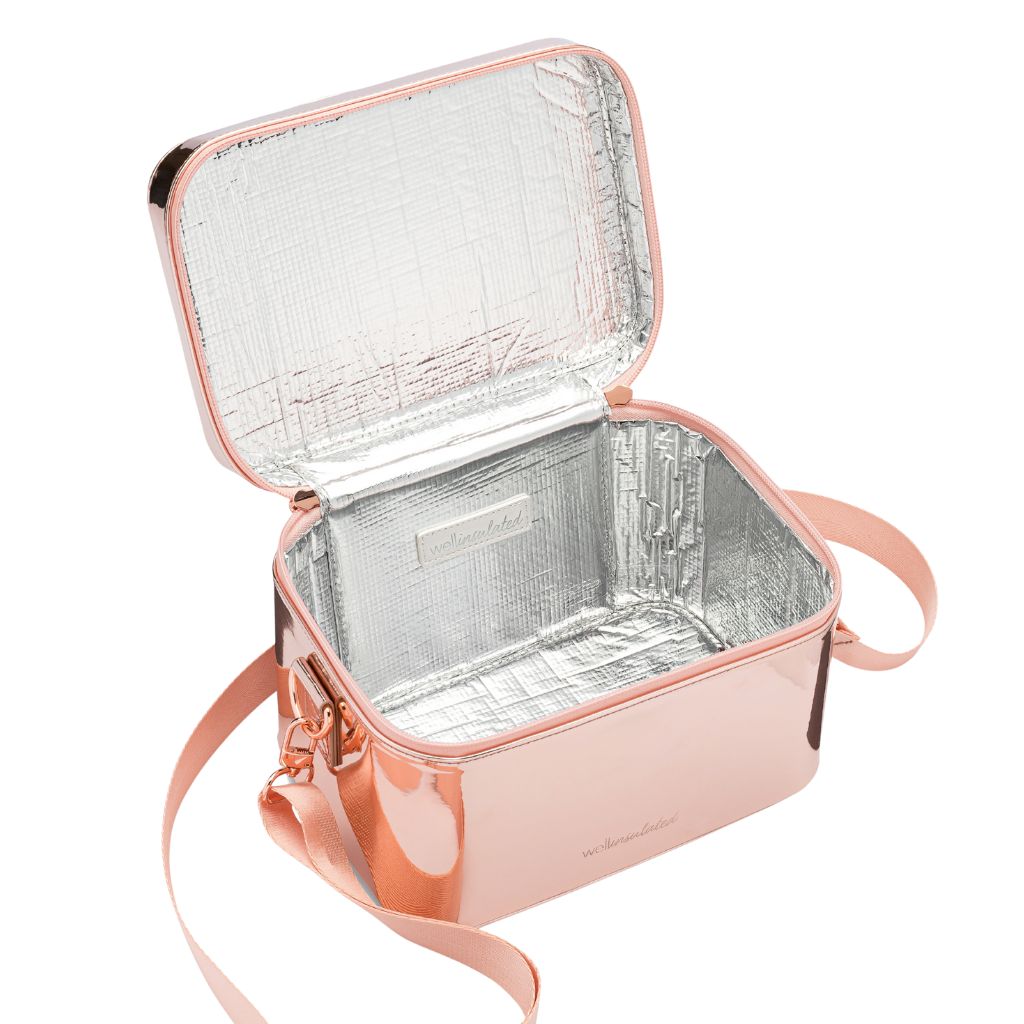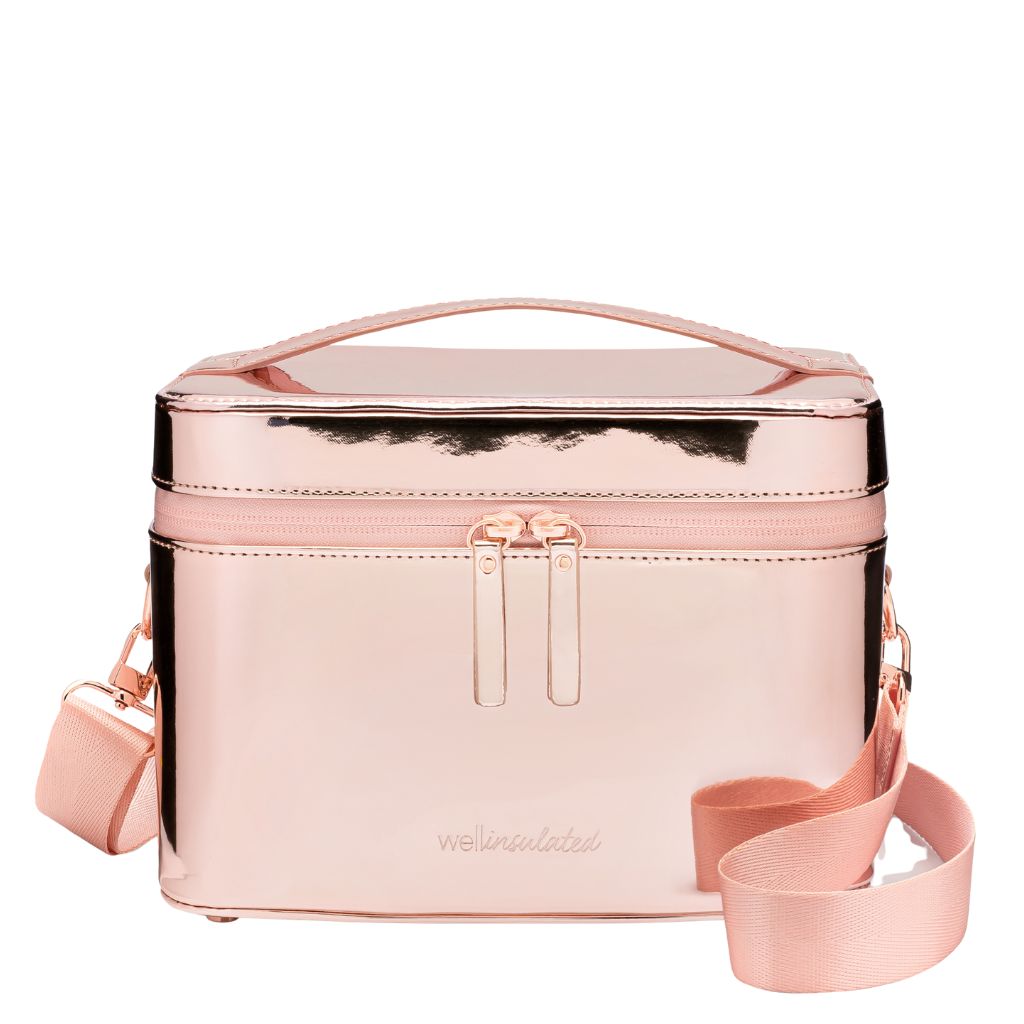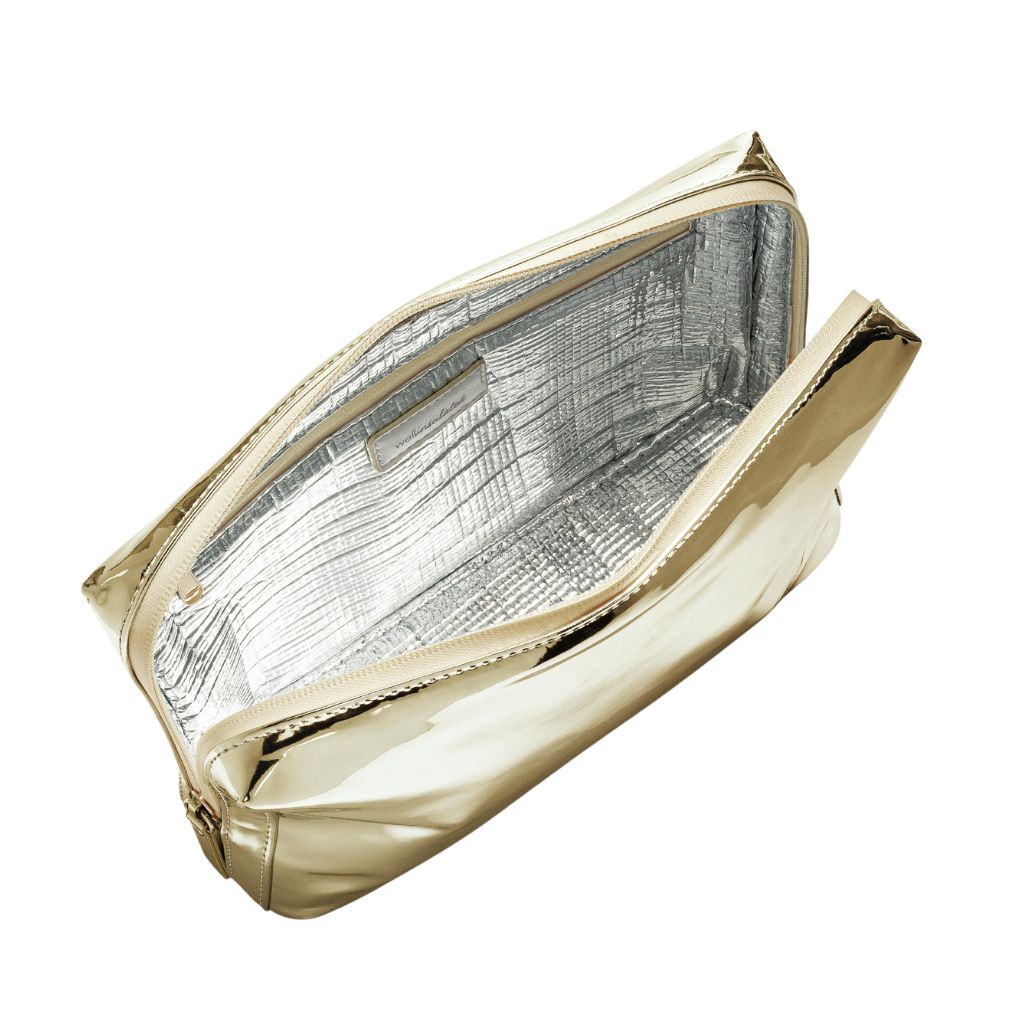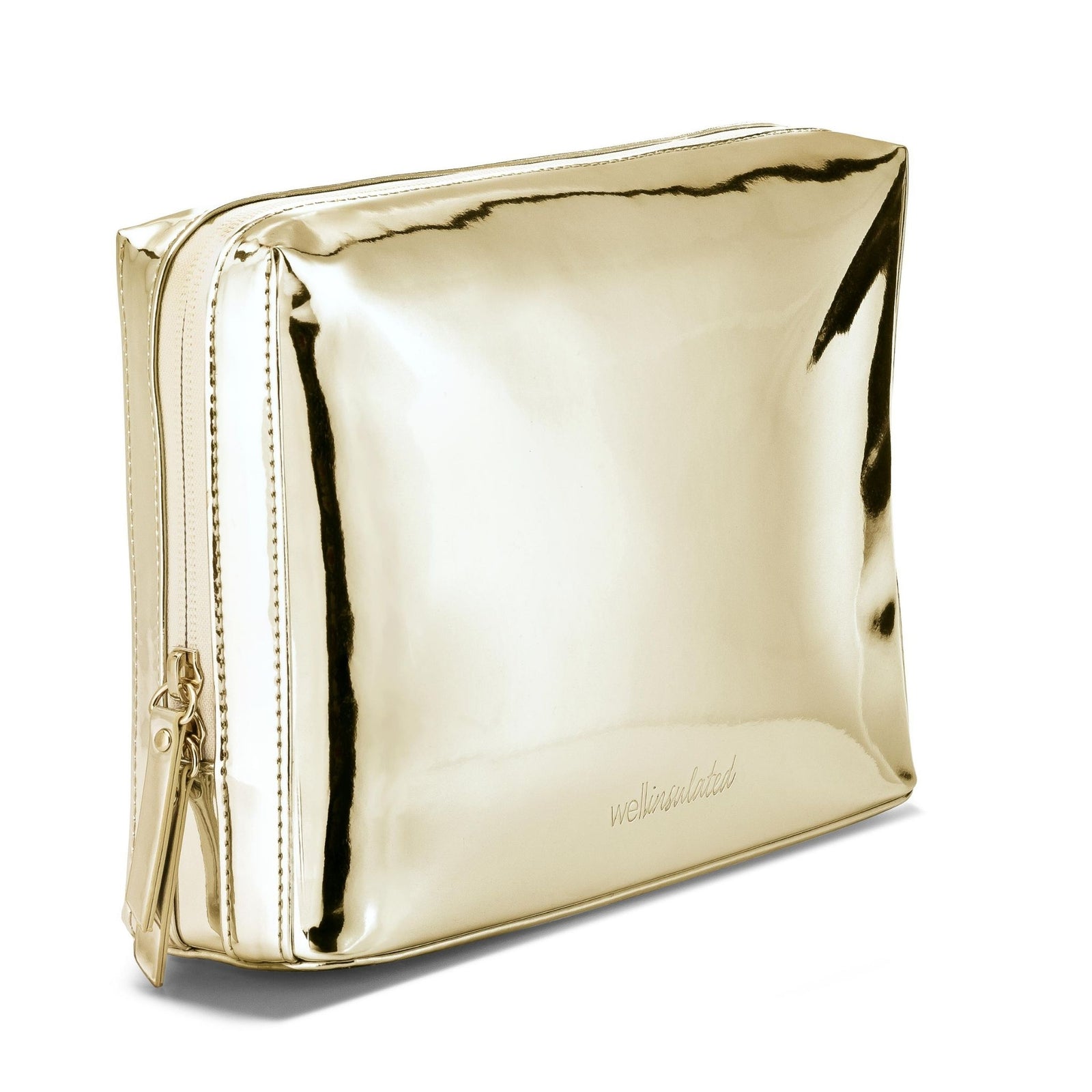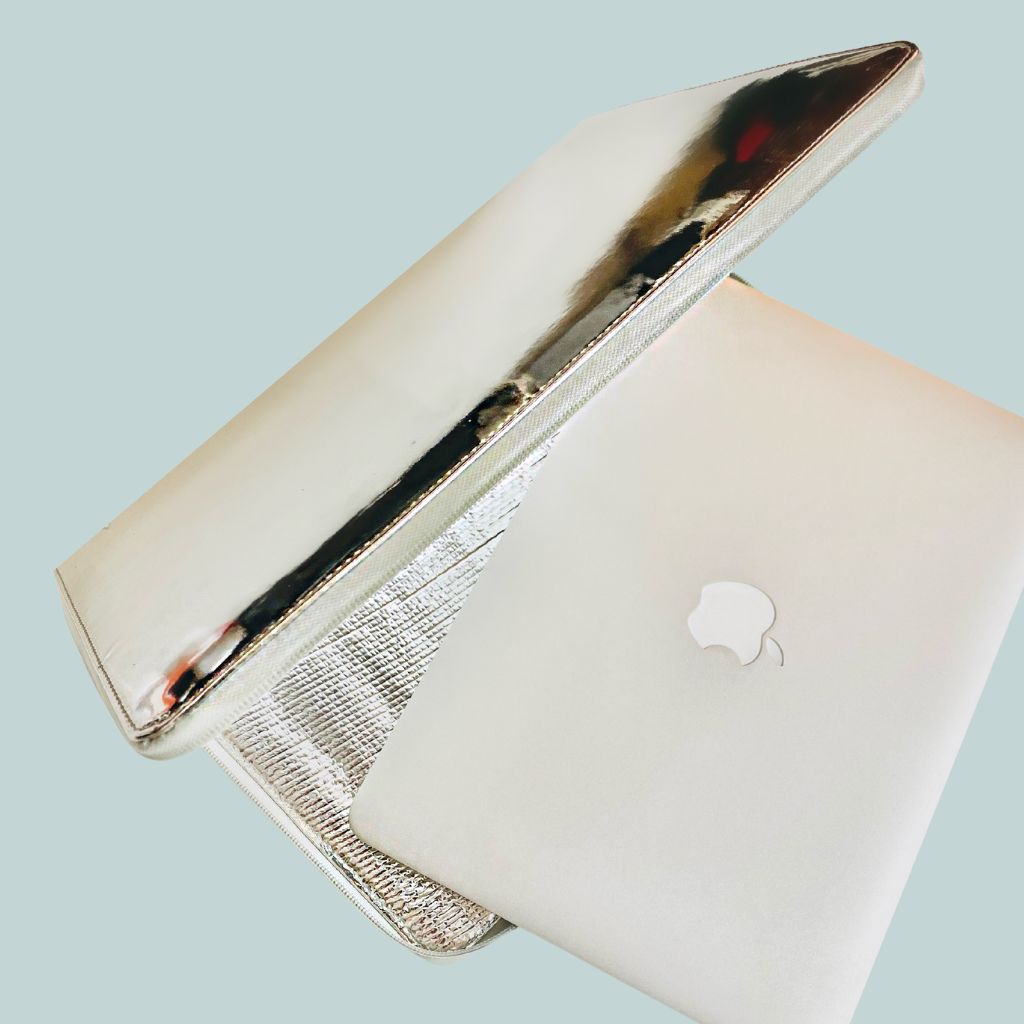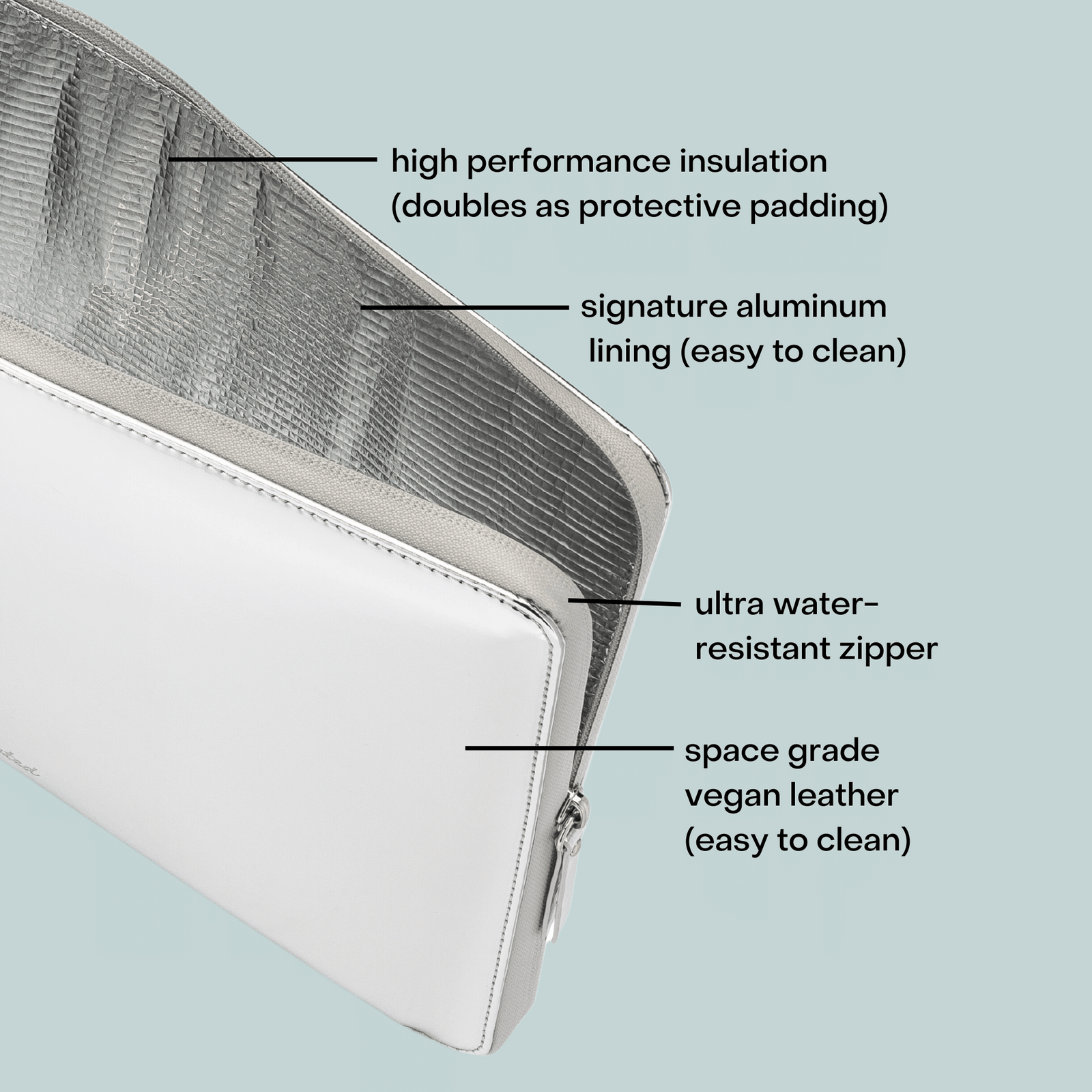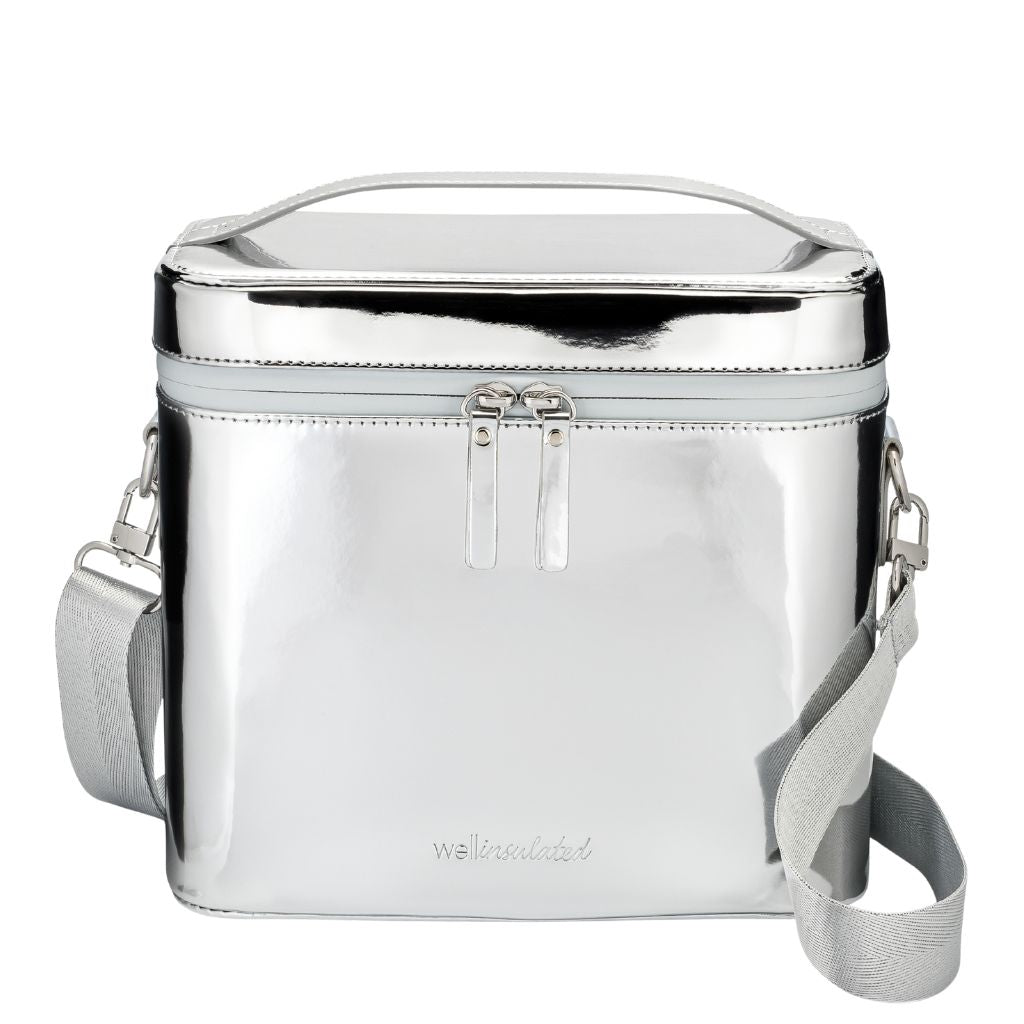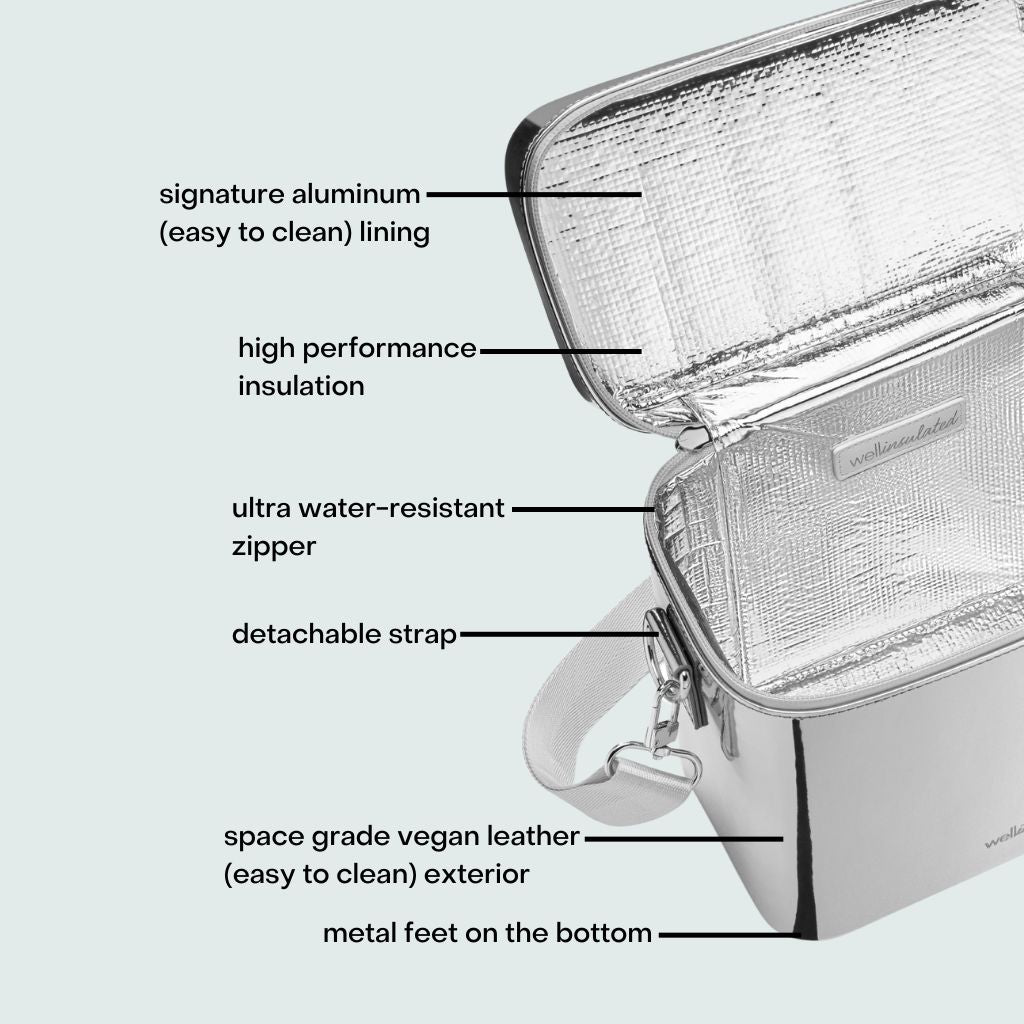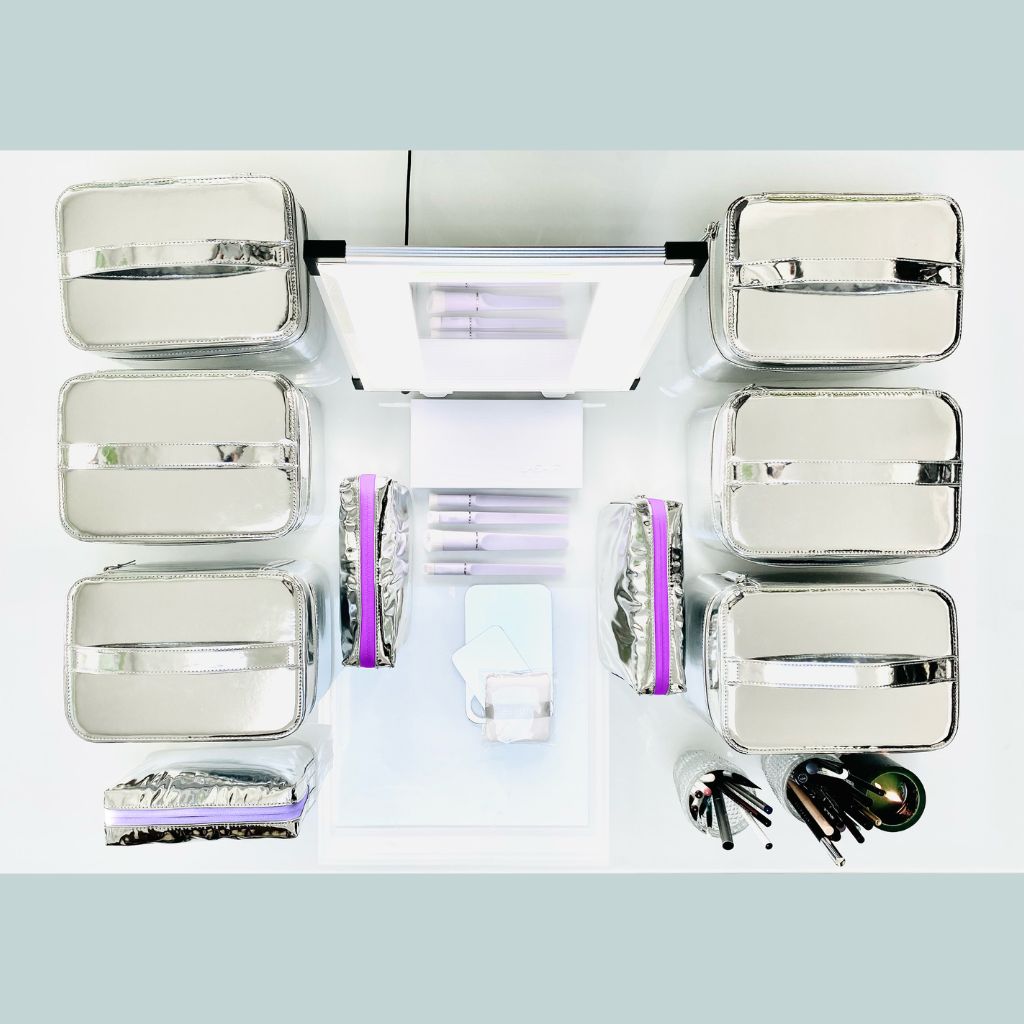When it comes to skincare, there's one ingredient that has garnered significant attention from experts and beauty enthusiasts alike – vitamin C. This powerhouse antioxidant has been studied extensively, and the results are nothing short of impressive – but vitamin C is also one of the most unstable ingredients and prone to expiring quickly (especially if not stored properly).
Benefits of including Vitamin C in Your Skincare Routine
Vitamin C, also known as ascorbic acid, is a skincare superhero. Here's why it's a must-have in your skincare routine:
- Brightens and Evens Skin Tone: Vitamin C is renowned for its ability to reduce hyperpigmentation, fade dark spots, and even out skin tone. Studies have shown that it inhibits melanin production, resulting in a more luminous complexion.
- Fights Free Radicals: As a potent antioxidant, vitamin C helps combat free radicals – unstable molecules that can damage skin cells and accelerate the aging process. Research indicates that vitamin C neutralizes these harmful compounds, reducing oxidative stress on the skin.
- Boosts Collagen Production: Collagen is essential for maintaining skin's elasticity and firmness. Vitamin C stimulates collagen synthesis, which can lead to smoother, plumper skin.
- Hydrates and Moisturizes: Vitamin C aids in retaining skin moisture by enhancing the skin's natural barrier. This can help reduce dryness and improve overall skin texture.
What Is the Shelf Life of Vitamin C?
Like all skincare products, vitamin C serums have a limited shelf life. The stability of vitamin C can vary depending on the formulation and packaging. On average, an unopened vitamin C serum can last anywhere from 6 to 12 months. However, once opened, its shelf life becomes shorter, typically around 3 to 6 months, but how you store it will have a significant impact, according to experts.
How to Know if your Vitamin C Serum has expired or oxidized
Using expired or oxidized vitamin C serum not only yields diminished results but can also potentially harm your skin. Here's how to tell if your serum has gone bad:
- Change in Color: Vitamin C serums are typically clear or pale yellow when fresh. If the serum turns brown or orange, it has likely oxidized and should be discarded.
- Change in Smell: A fresh vitamin C serum has a subtle, citrusy scent. If it develops a strong, unpleasant odor, it's a sign of spoilage.
- Texture Changes: An expired serum may become thicker, sticky, or grainy. It should have a smooth, watery consistency.
- Lack of Efficacy: If your serum no longer provides the expected benefits, such as improved skin tone or reduced dark spots, it may have lost its potency.
How to Maximize the Shelf Life of Vitamin C
To make the most of your vitamin C serum and extend its shelf life:
Store Properly:
- Keep your serum in a cool, dark place away from direct sunlight. Exposure to light and changing temperatures (hot and cold) can accelerate oxidation and breakdown your expensive Vitamin C serum.
Most people store their skin care products in the bathroom, which becomes humid during showers. The heat & humidity can accelerate the breakdown of the active ingredients and leave the product ineffective long before their expiration date.
Using an insulated, airtight organizer, like our Performance Beauty Case or Large Beauty Bag, can help by adding an extra layer of protection from the damaging impact of temperature changes and humidity.
- Secure the Cap: Always tightly seal the serum bottle after use to minimize exposure to air, which can cause oxidation.
- Use an Airtight Pump Dispenser: Serums with airtight pump dispensers minimize contact with oxygen, helping to preserve their freshness.




